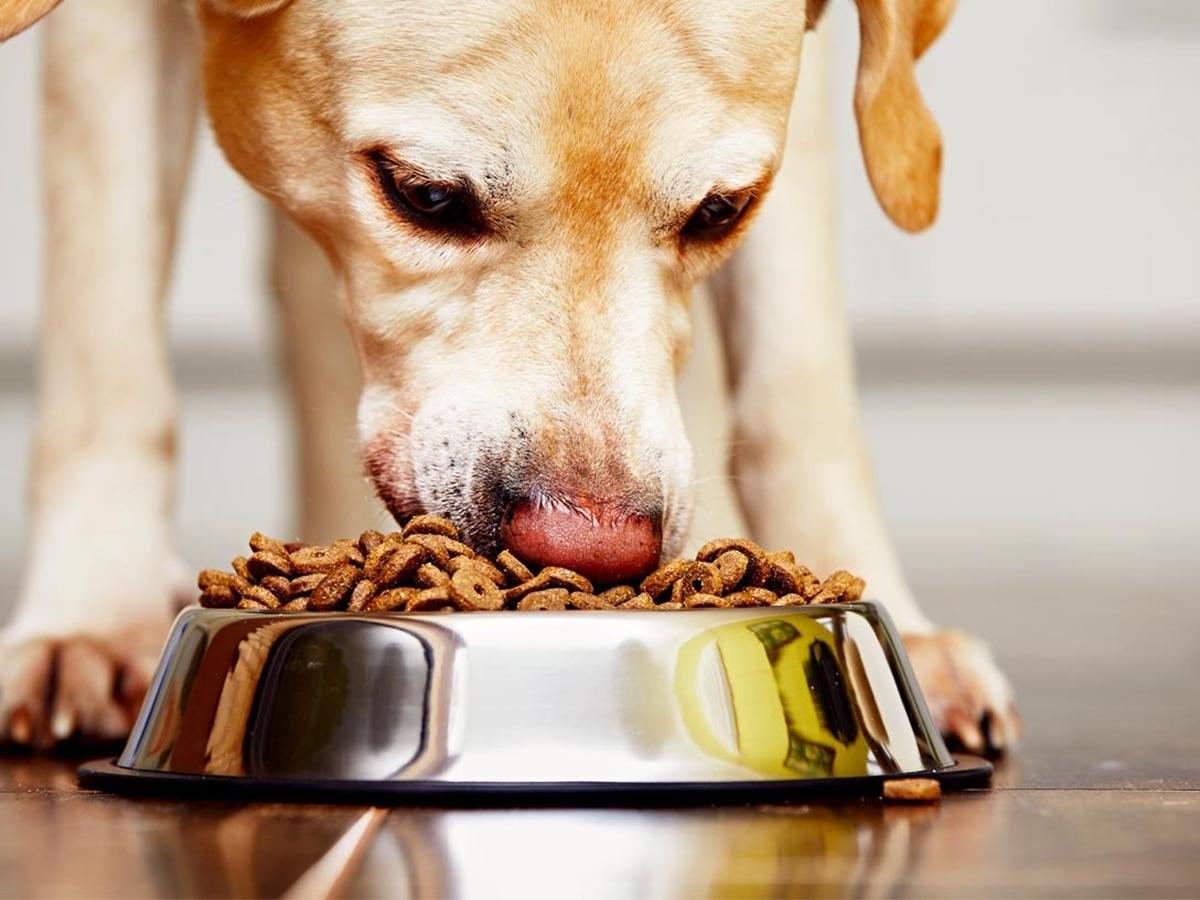This post was most recently updated on October 19, 2021
Those puppy dog eyes under your dinner table may be hard to resist, but it’s important to avoid feeding our dogs human foods that may upset their digestion or have an even more dangerous impact. With fall and the holidays approaching, many of us will soon have even more human treats or different foods around for our dogs to get into.
It doesn’t take much for dogs to choke-especially on food that is meant for humans. It’s always best to be covered by pet insurance in case you find yourself in this sticky situation. Prevention is always preferred, so let’s talk about human foods that you should never feed your dog, no matter how cute they are!
If your dog does get ahold of these foods, it’s best practice to immediately reach out to your veterinarian or the Pet Poison Helpline (855-213-6680, fee applies).
If you’re a Spot customer, you also have access to a 24/7 pet health helpline where you can speak with vet tele-health specialists about if your pet needs to see a vet for something they have ingested. Plus, Spot covers poison control consultation fees to help give you peace of mind if your pet accidentally gets ahold of anything concerning.
Grapes and Raisins
Many fruits provide excellent health benefits for our pups. Other fruits, like grapes, are toxic to dogs and should be avoided.
Grapes and all grape products, including wine, currants, raisins, trail mix, or raisin cereals are all toxic to dogs. Most commonly, a dog may react to grape toxicity by vomiting. In severe cases, a dog can go into sudden, acute kidney failure. According to the Veterinary Centers of America, there are no current antidotes to grape toxicity, and it’s not entirely known why grapes are so poisonous to our precious pups. (1)
It’s wise to avoid feeding your dog any kind of grape product, especially when your dog can eat so many other delicious fruits! Check out our recent piece on safe, nutritious fruits for your dog.
Chocolate
Chocolate is commonly known to be toxic to dogs, but we often underestimate how many foods have chocolate in them what it is about chocolate that is toxic to dogs.
Methylxanthines are a substance in the cacao plant’s fruit. The cacao plant’s fruit is essential in making chocolate, coffee, and other caffeinated beverages like soda. Unfortunately, methylxanthines are toxic to dogs. (2)
Keep an eye on your Halloween candy and other sweets this season. Make sure you keep trick or treat bags, candy bowls, and goodie bags up high or locked up where your dog cannot reach them. We also recommend watching your holiday latte and other coffee drinks around your dog.
Candy
In addition to chocolate, other candies and treats like gum, baked goods, and products sweetened with xylitol should be strictly avoided.
Xylitol is used in many products, especially sugar-free sweets options, and can cause liver failure in dogs. Keep your dog away from places you may keep gum or mints, such as jacket pockets, purses, or bags.
Avocado
Avocado is one of the most popular health foods for humans right now, but is it safe for dogs?
Unfortunately, no! Avocados have a fungicidal toxin called persin, which can cause dangerous health problems in dogs and many other animals. Per the American Kennel Club, persin is in every part of the avocado from the pit to the leaves to the actual fruit. (3)
Dogs should never be fed avocado. If you regularly enjoy avocado at home, we recommend disposing of the remnants in a dog-proof garbage can to prevent any accidents.
Cinnamon and Nutmeg
Cinnamon is a beloved fall spice found in many baked treats, candies, and drinks. While not usually fatal when consumed by dogs, cinnamon can cause some uncomfortable, digestive side effects. Keep these out of reach to save your dog some discomfort.
While cinnamon is not toxic to dogs, nutmeg can be very harmful because it contains myristicin. Myristicin consumption can lead to hallucinations, seizures, dry mouth, and other scary side effects. (4)
Cinnamon and nutmeg are commonly used together in baking fall treats. Avoid feeding your dog baked goods and keep them out of your spice cabinet to prevent them from experiencing these unpleasant side effects.
Onions
Onions make our meals taste great, but they can make our dog friends very sick. Onions are part of the Allium family of herbs, which contain many herbs that are incredibly toxic to dogs.
Even eating as little as 0.5% of a dog’s body weight in onions can make dogs ill. This is equivalent to one whole onion consumed by a 50 lb. dog. (5)
Other herbs from the Allium family to avoid include garlic, chives, and leeks.
Nuts
Nuts are a popular treat throughout fall, whether that is in the form of eating salted cashews, candied nuts, or pecan pies. Some nuts may be okay for dogs to consume, but they are high in fat, which can lead to diarrhea, vomiting, weight gain, and even pancreatitis. (2)
Whole nuts also pose a choking hazard or may cause intestinal obstructions. It’s best to check with your veterinarian for what nut options are safe for your dog to consume, if any, and how to feed them to your dog safely.
Otherwise, keep an eye on your pies, baked goods, and any nuts around the house!
Nutritious, safe foods are a key part of your dog’s health, and many human foods can be a healthy addition to your dog’s diet. Ask your veterinarian for personalized food recommendations at your next vet appointment.
Veterinary Centers of America
American Society for the Prevention of Cruelty to Animals
American Kennel Club
American Kennel Club
Veterinary Centers of America
